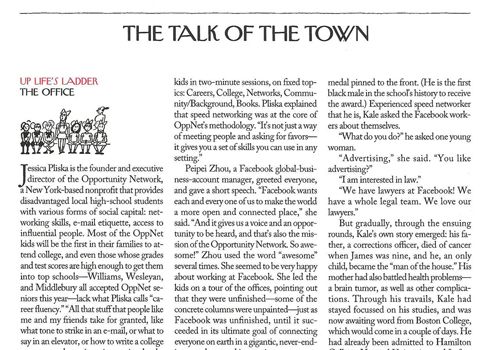Reading time: Less than 1 minute
Increase your vocabulary and you’ll make your writing much more precise. That’s why I provide a word of the week. Today’s word: feuilleton.
I began my working life in the newspaper business so, honestly, I should have known what the word feuilleton meant. But when reader John Friesen sent it to me — he’d uncovered it in the book Alexander II: The Last Great Tsar by Edvard Radzinsky and Antonina Bouis — I drew a blank.
Here is how the authors used the word:
He made his way from gruelling poverty to fame as a journalist whose feuilletons were read throughout Russia.
I could tell from the construction of the word that it was French but had no idea about its meaning. It turns out it refers to a supplement — of non-political news and gossip, literature and art criticism — originally attached to French newspapers. The term feuilleton was invented by Julien Louis Geoffroy and Bertin the Elder, editors of the French Journal des débats in 1800. A contemporary English-language example of the form is the “Talk of the Town” section of The New Yorker magazine.
The etymology of the word comes from the French feuilleton (meaning literally “a leaflet”) which is a diminutive of feuille, meaning “leaf,” (as in the page of a book) from the Latin folium. After the fall of Napoleon in 1814, French newspapers were short of war news and expanded their use of feuilletons, serializing the novels of Alexandre Dumas and Eugène Sue.
An alternative definition of the word, referring to a writing style, suggests showiness and superficiality.

